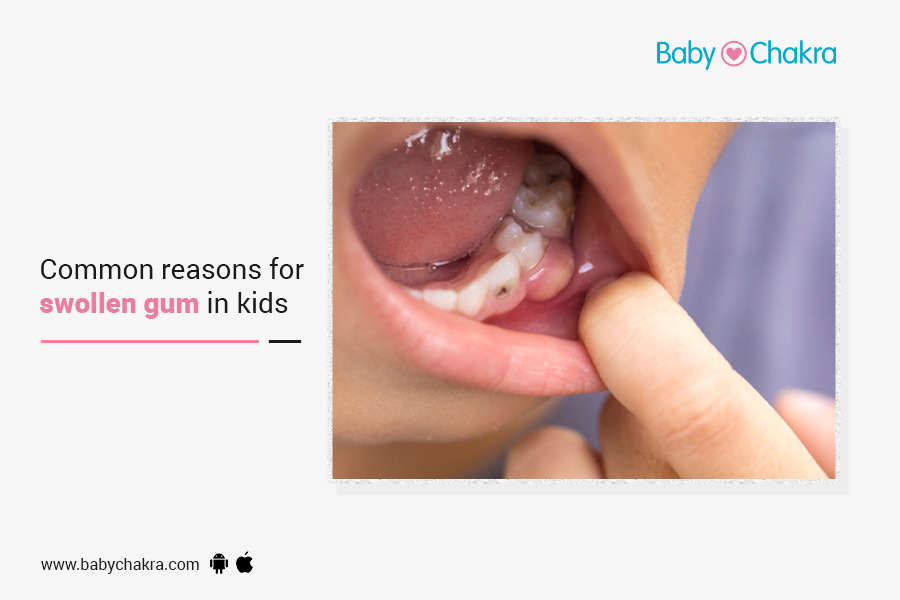
Common Reasons For Swollen Gum In Kids
21 Sep 2022 | 2 min Read
Dr Hiral Shah
Author | 1 Articles
Every kid tends to experience swollen gums at some point of time in life. Swollen gums might not be a serious concern every time but it’s important to know the reason causing them.
Swollen gum is most common during teething. Be it the baby teeth or the permanent teeth eruption in kids, the gums around the teeth tend to get swollen and might show discouloration. Such kind of inflammation is quite normal and isn’t a serious matter or concern. On the other hand, bleeding, discomfort, pain, or excessive redness of gums around the erupting teeth isn’t normal. Such conditions need an expert’s attention immediately.
Bad oral hygiene also leads to swollen gums in kids and is something that you should be worried about. Bacterial accumulation in the mouth and a failure to get rid of it with proper oral hygiene contribute majorly to gum swelling. In addition to that poor diet, high sugar intake, higher consumption of unhealthy starchy food along with poor oral hygiene can lead to Gingivitis and other gum diseases. Cavities and tooth infections are also other reasons causing swollen gums. Regular teeth brushing (twice a day), flossing, timely rinsing (after every meal), and regular dental check-ups are important in order to avoid such conditions.
Lastly, deficiency of certain vitamins or malnutrition also contributes to swollen gums and other related gum diseases. Vitamin B complex and vitamin C are seen to be associated with gum health and deficiency of these may lead to swollen gums and gum diseases.
Pay attention to these factors and take necessary precautions right from day 1 to avoid it progressing into serious health issues.
A


Related Topics for you
Suggestions offered by doctors on BabyChakra are of advisory nature i.e., for educational and informational purposes only. Content posted on, created for, or compiled by BabyChakra is not intended or designed to replace your doctor's independent judgment about any symptom, condition, or the appropriateness or risks of a procedure or treatment for a given person.
